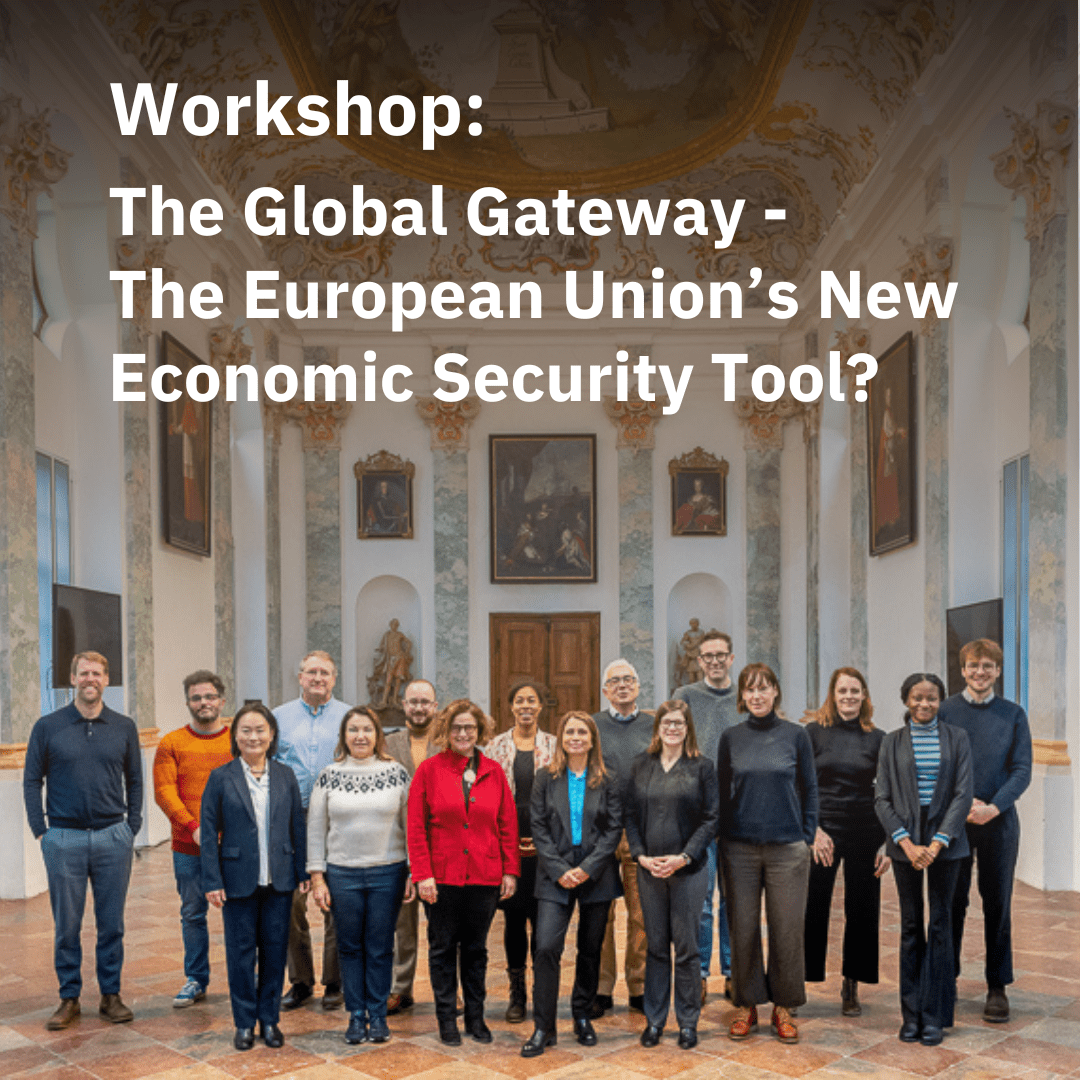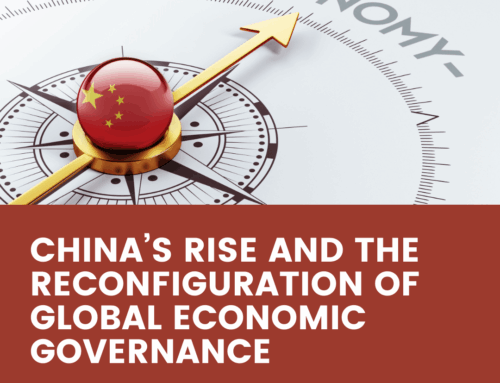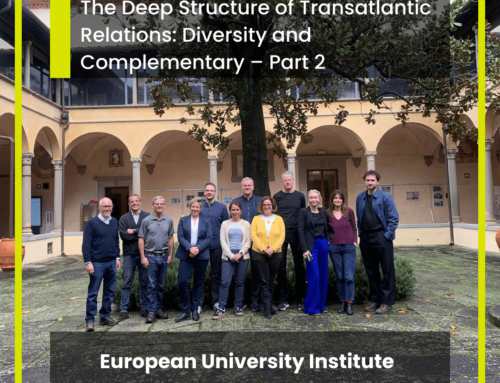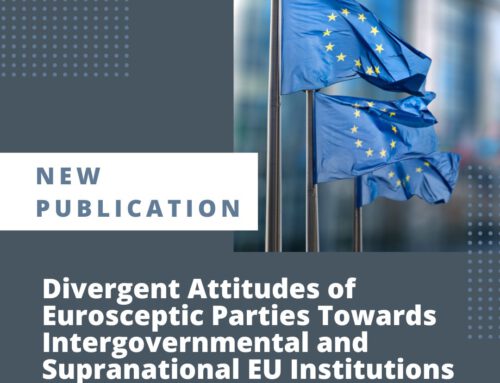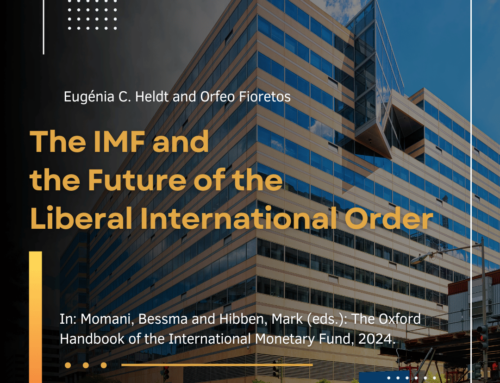The Technical University of Munich (TUM) and Princeton University recently co-hosted the second research workshop on the European Union’s Global Gateway Initiative, following an earlier event at Princeton this spring. Organized by Professor Eugénia da Conceição-Heldt (TUM) and Professor Sophie Meunier (Princeton), the workshop brought together scholars from leading institutions, including the London School of Economics, the University of Geneva, the University of Vienna, and the University of British Columbia, to critically examine this ambitious strategy aimed at enhancing global infrastructure, promoting sustainable development, and strengthening the EU’s geopolitical influence.
Discussions at the workshop addressed the Global Gateway’s implications for global politics and economics. One key focus was the EU’s geopolitical ambitions, with participants exploring how the initiative might redefine the EU’s influence in global affairs and whether it serves primarily as a counterweight to China’s Belt and Road Initiative. Scholars debated its potential to establish the EU as a leader in transparent and sustainable infrastructure development.
Another significant theme was the narrative of development underpinning the Global Gateway. The initiative’s framing as a mutually beneficial partnership was scrutinized, with questions raised about whether its promises align with the realities of implementation and its ability to reshape global development norms.
Competition between the EU and China was also discussed, particularly in regions like Africa. Scholars analyzed how local perceptions of EU- and Chinese-funded megaprojects influence recipient countries’ geopolitical and economic choices.
The workshop also examined strategic interests, such as the role of digital diplomacy in advancing the EU’s values, and the financial underpinnings of the initiative. The European Investment Bank’s involvement and the role of private actors in financing the Global Gateway’s ambitious goals were highlighted as critical areas for further study.
By bringing together scholars from a wide range of perspectives, including those at TUM, Princeton, the University of Luxembourg, and the University of Oslo, the workshop fostered rich, interdisciplinary dialogue. It provided a deeper understanding of the Global Gateway’s potential as a tool for economic security and its broader impact on global development and competition. This continued academic collaboration underscores the importance of research in shaping the EU’s role in an increasingly complex global landscape.
